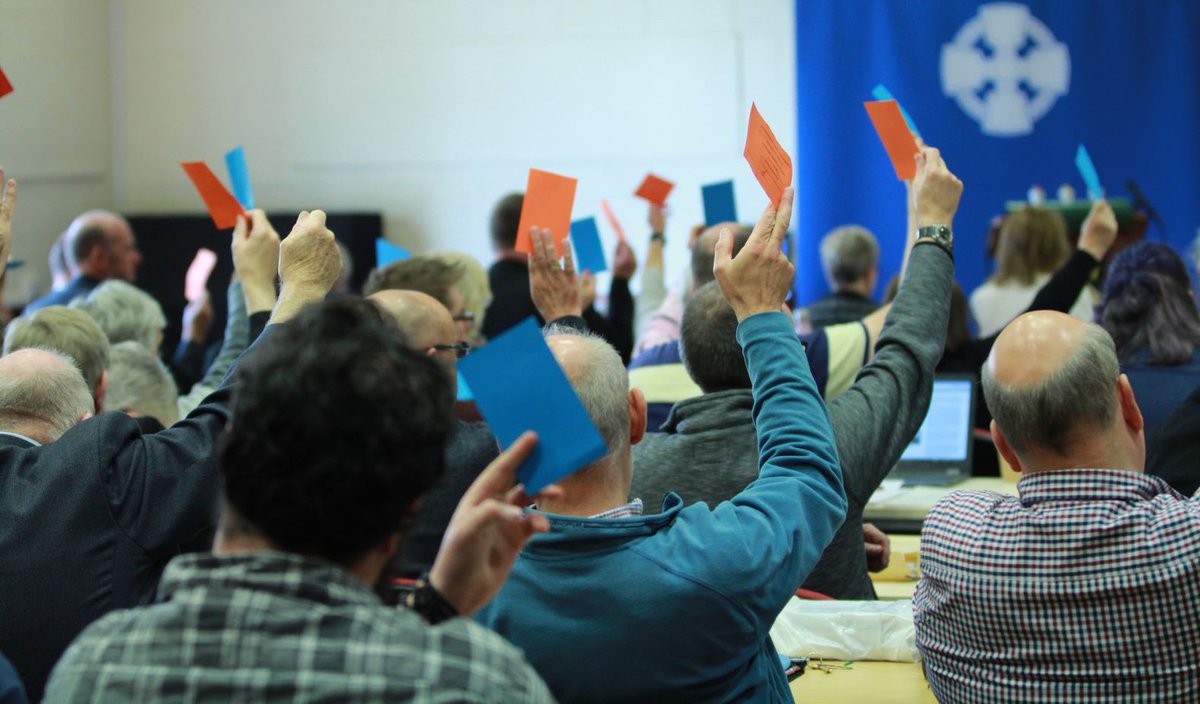Governing Body

The Governing Body is responsible for decisions that affect the Church’s Faith, Order and Worship. It also has powers to make regulations “for the general management and good government of the Church, and the property and affairs thereof.” (from Chapter II Section 11 & 12 of the Constitution of the Church in Wales).
The Governing Body is the supreme legislature of the Church in Wales, broadly speaking the Parliament of the Church in Wales. It usually meets twice a year to receive reports and make decisions on matters brought before it.
These can be as wide ranging as:
- the introduction of new orders of service (e.g. the 2004 order for the Holy Eucharist)
- the decision to affiliate the Church in Wales to the Make Poverty History campaign (made in 2004)
- the decision to admit women to the Priesthood in Wales (made in 1997)
- the passing of a Local Ecumenical Partnerships Bill to allow local churches to set up formal partnerships with other denominations (made in 2005).
Membership and Finance
Every year, a report on the current membership and finance statistics of the Church in Wales is presented to the meeting. This covers key information such as:
- church attendance
- the level of financial giving towards the work of the church
- details of what parishes are spending their money on
Composition of the Governing Body
The Governing Body is composed of three “orders”. Although some changes only require an overall majority, most major changes require a majority in each house to be passed. The three orders consist of the:
- Bench of Bishops (that is, the six diocesan bishops), plus
- the Clergy (51 clerical representatives)
- the Laity (86 non-clerical representatives)
The majority of the clergy and lay representatives are elected at a diocesan level. If you are interested in standing for election, please visit information on eligibility for election.
The overall size of the Governing Body is 143 members.
For queries or information, please contact johnrichfield@churchinwales.org.uk